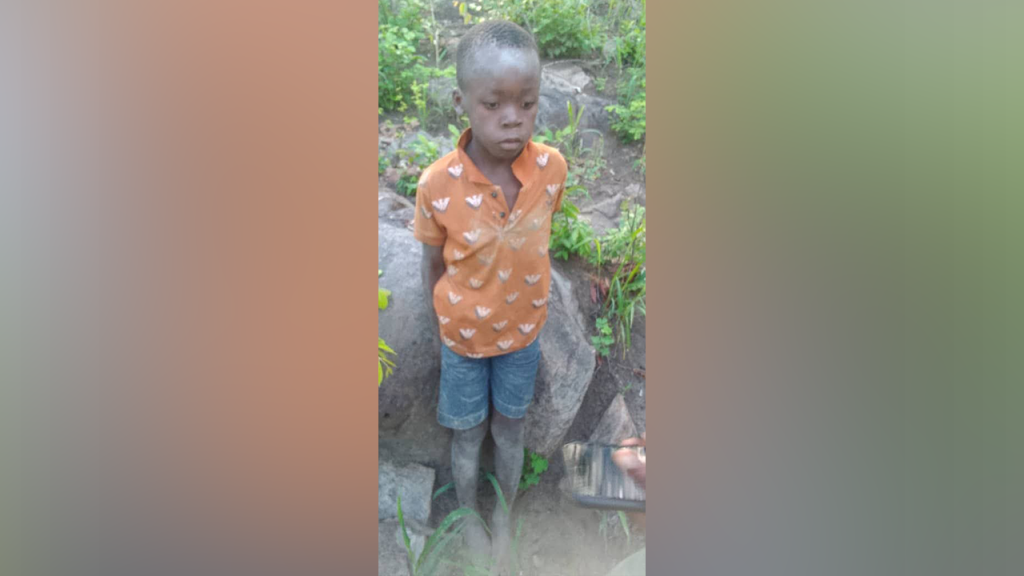The incredible story of Tinotenda Pudu, a 7-year-old boy who survived five days alone in Zimbabwe’s Matusadonha National Park, has captivated the nation and been hailed as a miracle. The young boy, after wandering away from his home, became lost in the vast wilderness of the park, a habitat teeming with dangerous wildlife, including lions, elephants, leopards, and buffalo. For five harrowing days and nights, Tinotenda navigated the unforgiving terrain, sleeping on rocky outcrops, foraging for wild fruits, and facing the constant threat of predators. His survival against such odds has sparked awe and gratitude, underscoring the resilience of the human spirit and the power of community support.
Matusadonha National Park, situated on the shores of Lake Kariba, is renowned for its diverse and abundant wildlife. While offering breathtaking scenery and incredible biodiversity, it also presents significant dangers, particularly for a young child alone. The park’s rugged terrain, dense vegetation, and unpredictable weather conditions make it a challenging environment to navigate, even for experienced adults. Tinotenda’s ability to survive in such a hostile environment for five days, without any supplies or adult supervision, speaks volumes about his resourcefulness, courage, and sheer will to live.
The search for Tinotenda involved a collaborative effort by park rangers, local communities, and concerned individuals. Mutsa Murombedzi, a Member of Parliament in Zimbabwe, played a prominent role in disseminating information about the missing boy and rallying support for the search efforts. She utilized social media platforms to spread awareness and provide updates, highlighting the collective anxiety and hope that permeated the community. The Nyaminyami community, deeply invested in the boy’s safe return, engaged in traditional practices, beating night drums in the hope that the familiar sounds would guide Tinotenda back home.
The discovery of Tinotenda, after nearly a week of agonizing uncertainty, brought immense relief and joy to his family, the community, and the nation as a whole. He was found by rangers from Matusadona Africa Parks, having walked approximately 15 miles from his home, a testament to his endurance and determination. The news of his survival was met with celebrations and expressions of gratitude, with many attributing it to divine intervention and the power of collective prayer. Murombedzi, in her announcement on social media, described Tinotenda’s ordeal as “a testament to the power of unity, hope, prayer and never giving up.”
Tinotenda’s survival story resonated deeply within Zimbabwe and beyond, capturing the attention of international media outlets. The boy’s resilience and fortitude in the face of adversity became a symbol of hope and inspiration. The incident also highlighted the importance of community solidarity and the unwavering commitment of individuals and organizations in ensuring the safety and well-being of children. The outpouring of support and the collective efforts to locate Tinotenda demonstrated the strength of human compassion and the ability of communities to come together in times of crisis.
The remarkable tale of Tinotenda Pudu serves as a powerful reminder of the resilience of the human spirit, particularly in children. His ability to survive for five days in a wilderness teeming with predators, relying on his instincts and resourcefulness, is a testament to the inherent strength and adaptability of human beings. The incident also underscores the significance of community support, the power of collective action, and the importance of never giving up hope, even in the face of seemingly insurmountable challenges. Tinotenda’s story is a beacon of hope, a celebration of life, and a testament to the enduring human capacity for survival.

